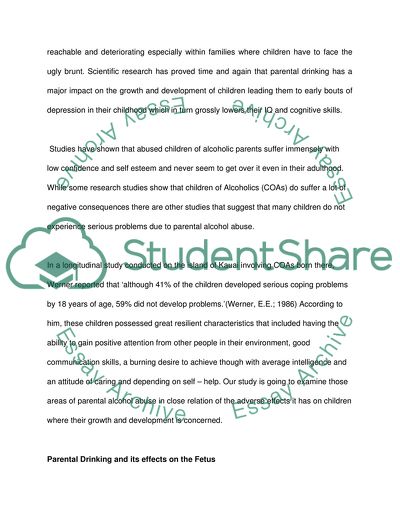Cite this document
(“Effects of Parental Alcoholism and Children Essay”, n.d.)
Retrieved from https://studentshare.org/sociology/1549254-the-effects-of-parental-alcoholism-on-children
Retrieved from https://studentshare.org/sociology/1549254-the-effects-of-parental-alcoholism-on-children
(Effects of Parental Alcoholism and Children Essay)
https://studentshare.org/sociology/1549254-the-effects-of-parental-alcoholism-on-children.
https://studentshare.org/sociology/1549254-the-effects-of-parental-alcoholism-on-children.
“Effects of Parental Alcoholism and Children Essay”, n.d. https://studentshare.org/sociology/1549254-the-effects-of-parental-alcoholism-on-children.


